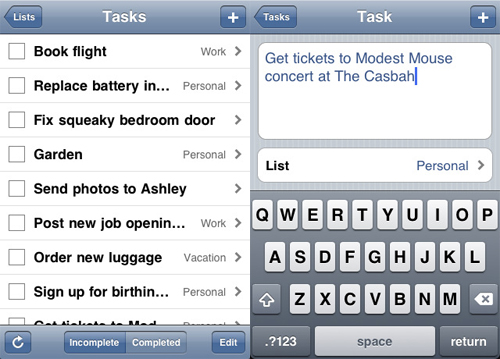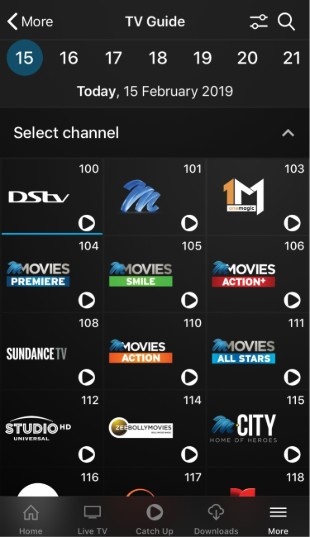

we still do not see any correlation of these lists to anything related to use of NSO Group technologies”. Following publication, they explained that they considered a "target" to be a phone that was the subject of a successful or attempted (but failed) infection by Pegasus, and reiterated that the list of 50,000 phones was too large for it to represent "targets" of Pegasus. After further questions, the lawyers said the consortium was basing its findings “on misleading interpretation of leaked data from accessible and overt basic information, such as HLR Lookup services, which have no bearing on the list of the customers' targets of Pegasus or any other NSO products. They said it was a list of numbers that anyone could search on an open source system. The lawyers said NSO had reason to believe the list accessed by the consortium “is not a list of numbers targeted by governments using Pegasus, but instead, may be part of a larger list of numbers that might have been used by NSO Group customers for other purposes”. It said the 50,000 number was “exaggerated” and that the list could not be a list of numbers “targeted by governments using Pegasus”. Through its lawyers, NSO said the consortium had made “incorrect assumptions” about which clients use the company’s technology. The company has always said it does not have access to the data of its customers’ targets.
The hit list app full#
You can read NSO Group’s full statement here. Citizen Lab has also found evidence of all 10 being clients of NSO. By closely examining the pattern of targeting by individual clients in the leaked data, media partners were able to identify 10 governments believed to be responsible for selecting the targets: Azerbaijan, Bahrain, Kazakhstan, Mexico, Morocco, Rwanda, Saudi Arabia, Hungary, India, and the United Arab Emirates. NSO claims to sell its tools to 60 clients in 40 countries, but refuses to identify them. While the data is organised into clusters, indicative of individual NSO clients, it does not say which NSO client was responsible for selecting any given number. Which NSO clients were selecting numbers? Citizen Lab also conducted a peer review of Amnesty’s forensic methods, and found them to be sound.

The hit list app android#
Three Android phones showed signs of targeting, such as Pegasus-linked SMS messages.Īmnesty shared “backup copies” of four iPhones with Citizen Lab, a research group at the University of Toronto that specialises in studying Pegasus, which confirmed that they showed signs of Pegasus infection. However, unlike iPhones, phones that use Android do not log the kinds of information required for Amnesty’s detective work. Fifteen of the phones were Android devices, none of which showed evidence of successful infection. For the remaining 30, the tests were inconclusive, in several cases because the handsets had been replaced. Of those, 23 were successfully infected and 14 showed signs of attempted penetration. However, forensic examinations of a small sample of mobile phones with numbers on the list found tight correlations between the time and date of a number in the data and the start of Pegasus activity – in some cases as little as a few seconds.Īmnesty examined 67 smartphones where attacks were suspected. The presence in the data of a very small number of landlines and US numbers, which NSO says are “technically impossible” to access with its tools, reveals some targets were selected by NSO clients even though they could not be infected with Pegasus. While the data is an indication of intent, the presence of a number in the data does not reveal whether there was an attempt to infect the phone with spyware such as Pegasus, the company’s signature surveillance tool, or whether any attempt succeeded. The consortium believes the data indicates the potential targets NSO’s government clients identified in advance of possible surveillance. Amnesty’s Security Lab, a technical partner on the project, did the forensic analyses. More than 80 journalists have worked together over several months as part of the Pegasus project. Forbidden Stories, a Paris-based nonprofit journalism organisation, and Amnesty International initially had access to the list and shared access with 16 media organisations including the Guardian.

The data also contains the time and date that numbers were selected, or entered on to a system. The data leak is a list of more than 50,000 phone numbers that, since 2016, are believed to have been selected as those of people of interest by government clients of NSO Group, which sells surveillance software.


 0 kommentar(er)
0 kommentar(er)
